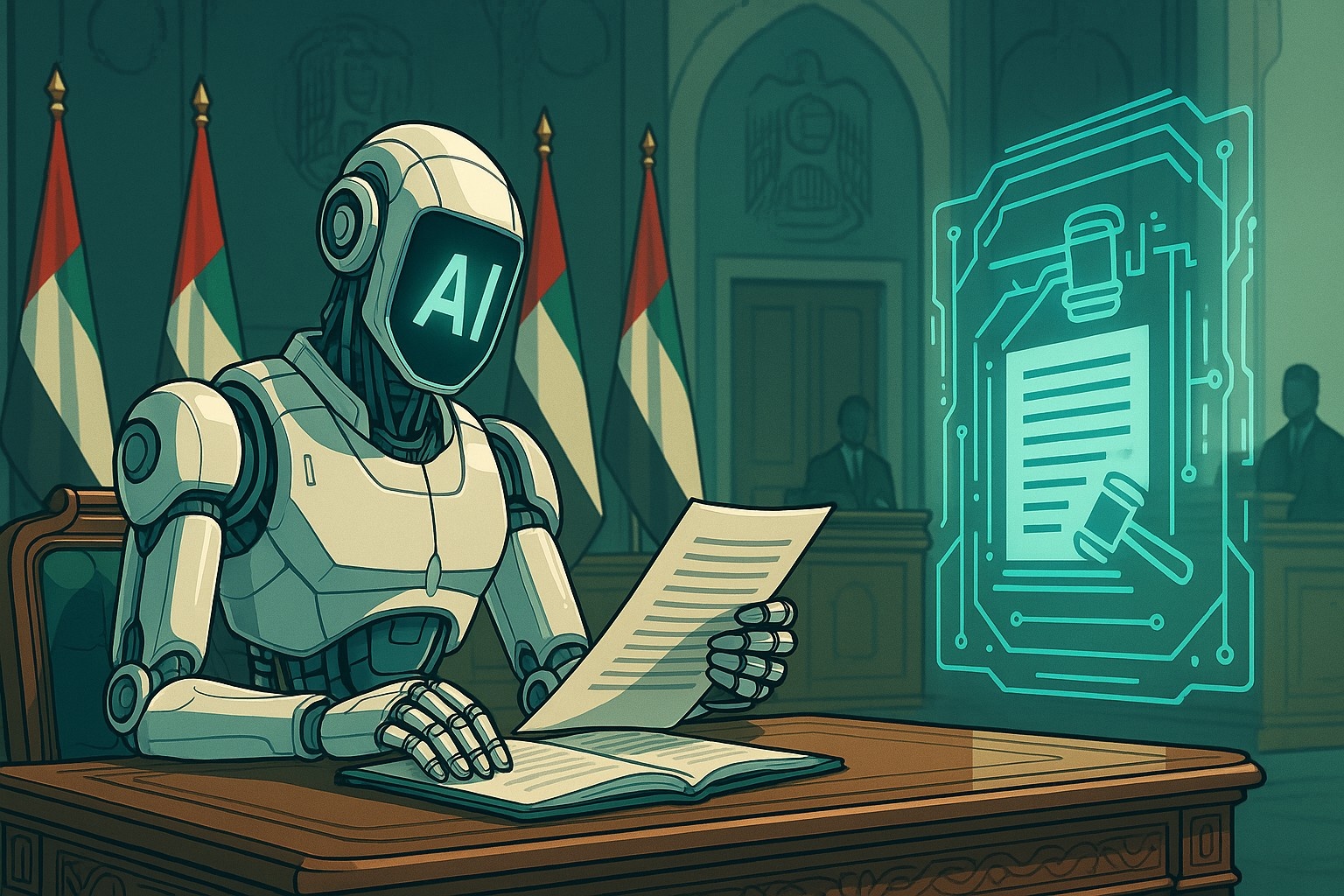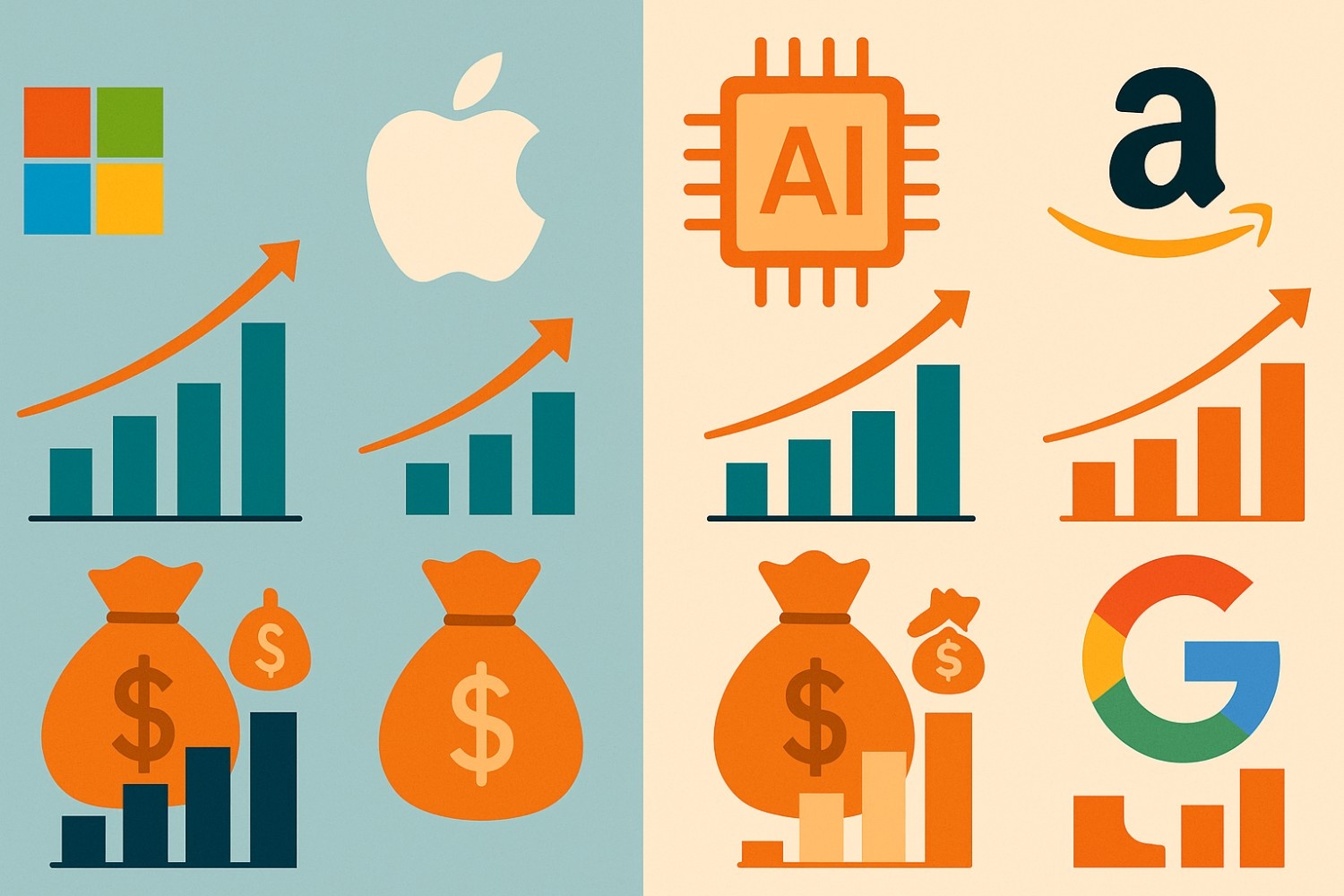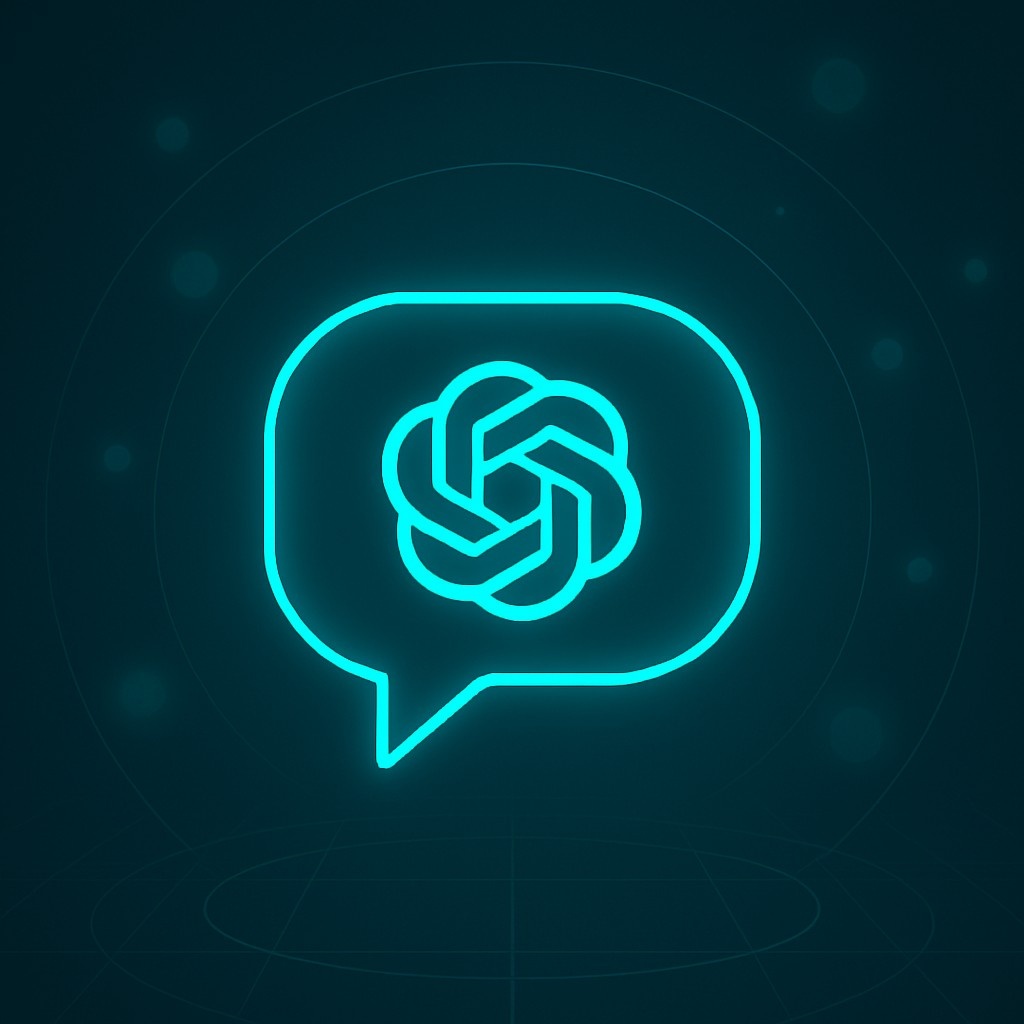UAE Becomes First Country to Use AI to Write Laws
In an unprecedented move that’s sending ripples across the world, the United Arab Emirates (UAE) has become the first nation on Earth to officially use artificial intelligence to draft, review, and update laws. This isn’t a research trial. It’s already happening — and it marks a whole new era in how governments might operate in the future.
Announced in late April 2025, the UAE’s plan is ambitious and bold: let AI play an active role in creating real legislation, in collaboration with human lawmakers.
No other country has tried this at this scale. And while it raises plenty of questions, it also signals one thing loud and clear: AI is no longer just a tool — it’s becoming part of governance itself.
What the UAE Is Actually Doing
The core of the initiative is a newly established government unit called the Regulatory Intelligence Office. Its job? Oversee how AI systems are used in the process of drafting, reviewing, and updating federal and local laws.
The AI doesn’t work alone — but it does a lot of the heavy lifting:
- Scanning and analyzing huge amounts of legal text
- Reviewing past court rulings and current regulations
- Recommending updates, amendments, or new clauses based on logic, precedent, and efficiency
- And yes, some entirely new laws will be co-written with AI assistance.
UAE Prime Minister Sheikh Mohammed bin Rashid Al Maktoum said:
“This system will make our laws faster, smarter, and more precise — and more responsive to our society's needs.”
- Sheikh Mohammed bin Rashid Al Maktoum
This is not a backroom trial. It’s part of the UAE’s long-term national strategy, and it’s being implemented with urgency.
Why This Matters So Much
Let’s be honest — most governments around the world are slow when it comes to updating laws. Processes take months, sometimes years. Bureaucracy drags things down. And even when a law is passed, it’s often outdated by the time it takes effect.
The UAE wants to fix that — using AI.
By integrating AI into the legal process, the government hopes to:
- Speed up legislative drafting by up to 70%
- Cut costs in half
- Make laws more relevant, easier to interpret, and easier to update
But that’s just the beginning. The UAE is also banking on this move to boost its GDP by 35% by 2030, according to internal projections.
The logic is simple: clearer, faster laws mean better business, smoother infrastructure planning, faster tech rollouts, and more investor confidence.
It’s not just about efficiency. It’s about creating a new operating system for modern governments.
How It Works Behind the Scenes
The AI systems powering this initiative are trained on:
- Legal databases
- Government procedures
- Federal and local regulations
- Judicial rulings
They use natural language models, similar to what powers tools like ChatGPT — but trained for legal logic, accuracy, and structure.
Officials say the system can:
- Identify contradictions in current laws
- Suggest policy frameworks based on economic or social data
- Propose better wording for clarity and compliance
- Draft brand-new proposals based on set objectives
Every output is reviewed and approved by human experts, and the government insists that no AI-generated law will ever go live without human oversight.
So no — AI isn’t replacing lawmakers. But it is becoming their most powerful research assistant ever.
How the World Is Reacting
The UAE has always positioned itself as a global tech leader. It was the first country to:
- Appoint a Minister of Artificial Intelligence (Omar Sultan Al Olama, in 2017)
- Launch national AI research centers focused on governance
- Incorporate AI into traffic, education, and city planning systems
But this latest move — letting AI co-author real laws — has triggered reactions worldwide.
Some countries are watching with curiosity. Others with concern.
Experts and legal scholars around the globe are asking:
- Can AI fully understand social nuance?
- What if it replicates bias from flawed datasets?
- Who is liable if an AI-suggested law causes harm?
These are real, important questions — and the UAE is well aware of them.
That’s why the country is emphasizing that this is not about automated governance. It’s about AI-assisted governance, with humans always in control.
Still, the UAE is moving forward fast. And many nations that have struggled to keep up with modern legal demands — from data privacy to biotech to AI regulation itself — are now closely watching what happens next.
Ethical Questions and Transparency
One of the biggest concerns raised is the question of bias.
AI models learn from data. And if the legal datasets include flawed or unjust rulings, the AI might reproduce those patterns. There’s also the risk that AI could hallucinate logic, misinterpret intent, or miss cultural context entirely.
Oxford researcher Vincent Straub put it bluntly:
“We can’t trust these systems blindly. They still hallucinate, they lack robustness, and the stakes are too high to deploy them without extreme caution.”
- Vincent Straub
The UAE’s response? Total transparency.
The Regulatory Intelligence Office says:
- All AI-generated drafts will be publicly documented
- The role of AI in each law will be clearly marked
- Human lawmakers retain final say over everything
And that’s a critical point. AI here isn’t the decision-maker. It’s the drafting assistant — one that just happens to work 24/7, reads every page instantly, and never forgets a precedent.
This Might Be the Start of a New Global Trend
There’s no doubt that the UAE is taking a risk. If anything goes wrong — if an AI-generated law sparks public backlash or legal confusion — the headlines will write themselves.
But if it works?
We might be looking at the future of lawmaking around the world.
Imagine:
- Laws that update themselves automatically when economic indicators shift
- Policies that adapt in real-time to global health data
- Local regulations that adjust to traffic trends, climate patterns, or cybersecurity threats
The UAE isn’t just experimenting. It’s building a model — one that, if successful, other countries may adopt faster than we expect.
Final Thoughts
When we think about AI in society, we usually imagine chatbots, robot assistants, or smart cars. We rarely imagine AI writing the legal code that governs how a country runs.
But that’s exactly what’s happening now — for real — in the UAE.
And if they succeed, this may be remembered as the moment AI stopped just helping us live our lives…
and started helping us shape the rules that define them.















